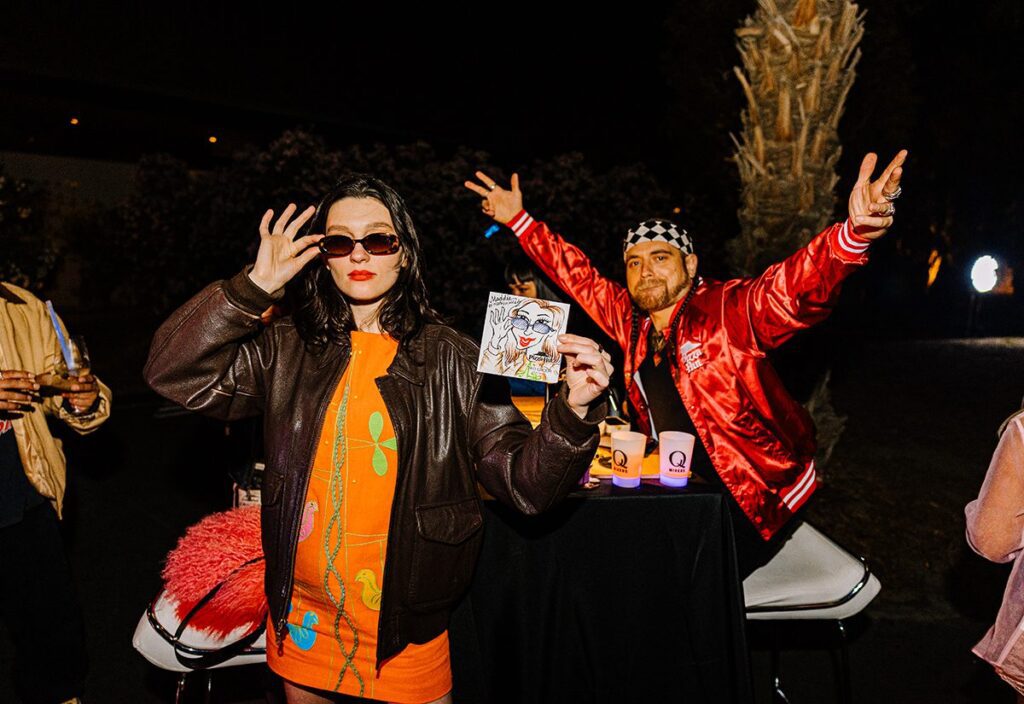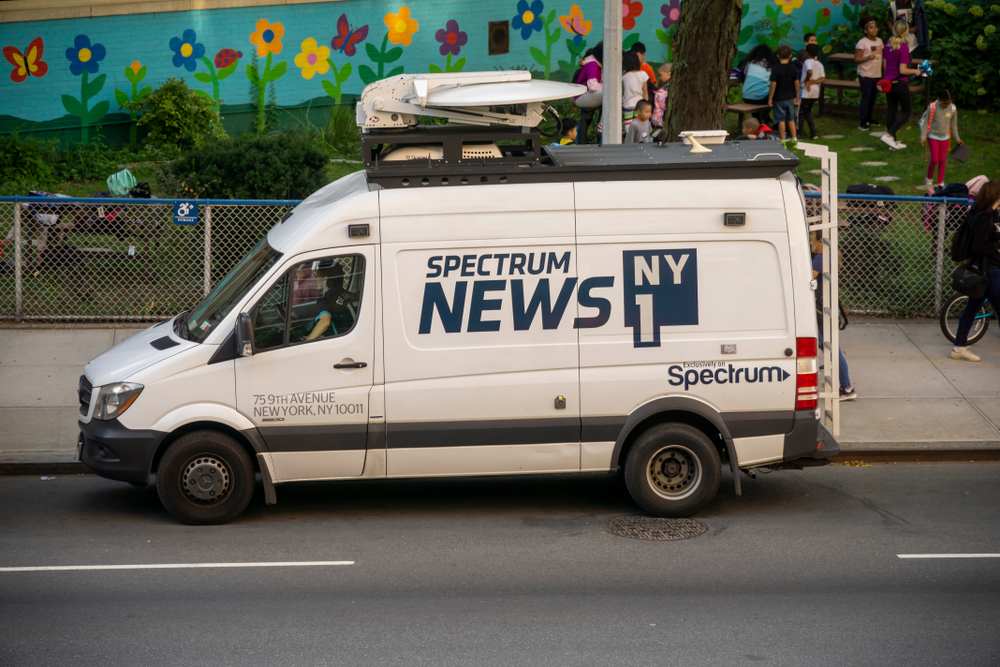According to Yankelovich research, seven in ten Americans would pay money to block or skip advertising and marketing messages. Almost six in ten consumers go “out of their way” to avoid brands that overly market their products and services.
Consumers in every demographic, ethnic group and vertical sector are doing whatever it takes to ignore sales messaging. While the majority of brands continue to use “interruption” style strategies, even in the face of this trend, some are turning to “storytelling” instead of overt advertising.
Storytelling, sometimes referred to as content marketing or custom media, consists of delivering the brand product message as relevant and compelling information. Instead of marketers following a playbook, storytelling requires much the same mixture of rational and emotional messaging that you’d find in a New York Times feature, or even on primetime television drama.
Smart marketers are realizing that they don’t have a choice anymore when it comes to reaching consumers. In today’s business environment, the 4 Ps of marketing can be copied verbatim by an outside competitor. The only separation is communication – how a marketer tells its story.
Unilever has long believed in this model. Degree (a Unilever brand) recently launched its most recent installment of “The Rookie” (www.DegreeRookie.com), a digital short series that mirrors the trademark style of Fox’s popular show 24.
“This is the first branded entertainment experience developed specifically for an interactive and on-demand audience,” says Sam Chadha, marketing director, deodorants, Unilever. “Men have consistently demonstrated they prefer to consume, interact with and pass along content in this way.”
And it’s working. The first integrated campaign, a one-day MySpace promotion, in time produced more than 1.5 million viewings and 61,000 sweepstakes entries.
According to Story Worldwide (www.storyworldwide.com), one of the digital content agencies for the project, Degree is measuring the program through overall brand awareness, purchase interest and the relevance of the Degree with the target audience. Although “lift in sales” is being tracked, engagement measures seem to be driving the program.
The return from the first webisodes must have hit Unilever’s targets, as the campaign continues to move forward, thus this latest installment.
“We are in the Post-Advertising Age where brands that tell the best stories win – and not just any stories, but stories that tie in to the brand’s authority to publish. Unilever is leading the way in terms of using the storytelling format, which is why their campaigns continue to be industry stand-outs,” says Simon Kelly, Story Worldwide’s chief operating officer.
Marketing storytelling is becoming infectious. Leading brands such as Stella Artois, Dove and Sprint are relying less and less on traditional media and investing more in compelling, story-form content, reminiscent more of media companies than product-pitchers.
Blendtec, a manufacturer of (you guessed it) blenders, has had tens of millions view its “Will It Blend?” video series over the last few years (http://www.willitblend.com). The 30-second to two-minute videos show Blendtec founder Tom Dickson attempt to “blend” various items including golf balls, a toilet plunger, and even an iPhone. According to Blendtec executive George Wright, retail sales have increased by more than 500%, which he attributes almost solely to the video series.
From blockbuster style storytelling coming from the likes of Degree or Stella Artois, to YouTube shorts from Blendtec, more marketers are beginning to realize that delivering relevant and compelling information may be the only way to a customer’s mind, heart…and pocketbook.
Joe Pulizzi is founder of Junta42. Junta42’s Match product (http//www.junta42.com/match) pairs content marketers with custom publishers and content providers. Joe blogs almost daily at http://blog.junta42.com
 Network
Network

